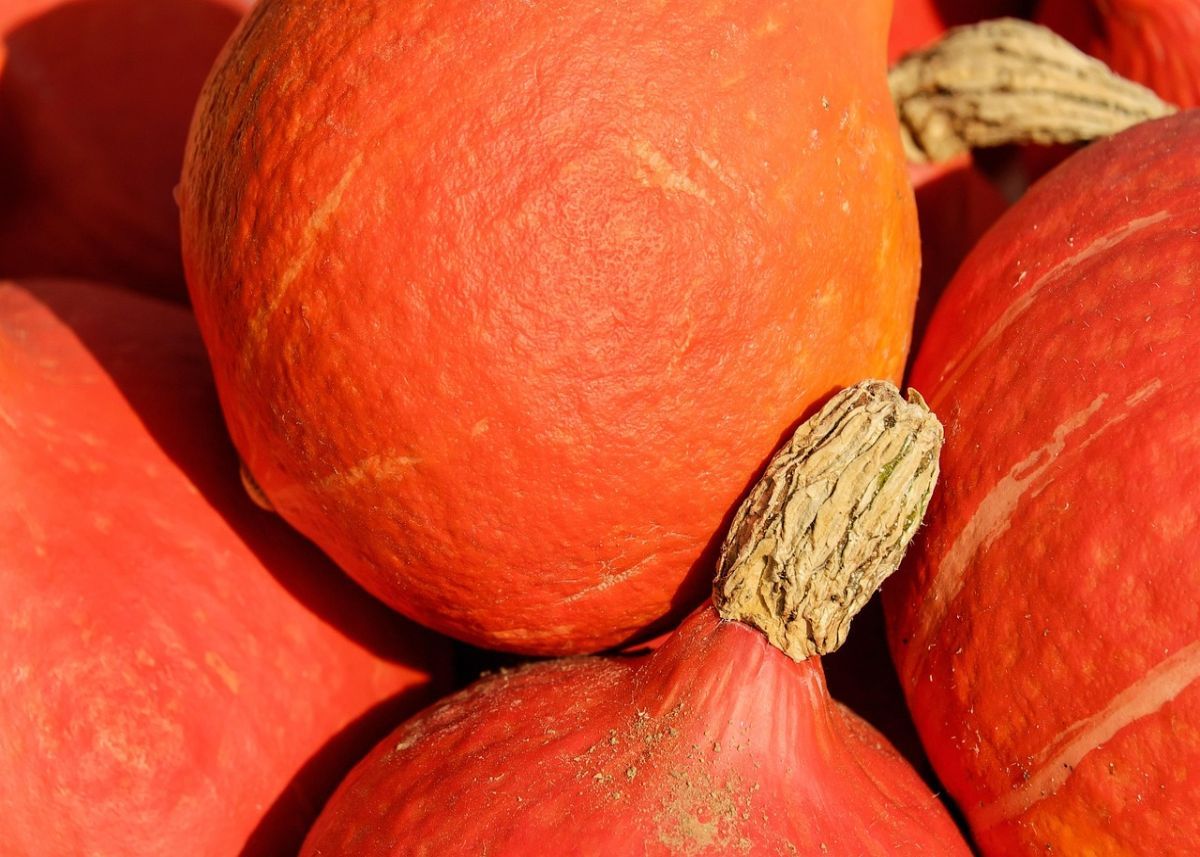When it comes to fresh produce, South Africa’s most famous exports to Europe and elsewhere are arguably its citrus, table grapes and stone fruit.
Local avocados are also popular abroad, while blueberries have become one of South Africa’s fastest-growing export crops.
There isn’t much that doesn’t thrive under the South African sun, as Europe turns to South Africa to complement its pumpkin-growing cycle.
The South African pumpkin season is now in full swing at Q-Cape—a Netherlands-based company that has spent the last decade cultivating organic pumpkins and sweet potatoes in South Africa for the European market.
Thanks to South Africa’s reverse growing season, Q-Cape have been able to seamlessly fill supply gaps from their South African suppliers when European harvests end.
“The moment the European supply runs out, we switch to South Africa,” Leo Stoker, head of Procurement/ Sales at Q-Cape, told Fresh Plaza.
Covering a cultivation area of 73 hectares on South Africa’s West Coast and in the Northern Cape, the company focuses on orange Hokkaido pumpkins as well as butternut (referred to as butternut squash in Europe.)
“The outlook for this year is promising,” Stoker added.
“The harvest has gone well, the quality of the pumpkins looks excellent, and the market conditions are favourable.”
‘Fertile soil, sunny climate’
Q-Cape primarily serves Germany, Austria, France, and Scandinavia, with Germany having the biggest demand.
While expansion beyond Europe is a possibility, the company’s focus remains on strengthening its current ties and serving the European market.
To that end, Stoker sees South Africa as having a strategic advantage.
“We have long believed in the opportunities South Africa has to offer,” he said.
“South Africa is an excellent region for growing vegetables with its fertile soil and sunny climate.”
“With cultivated areas shrinking across Europe, this presents significant growth potential for a country like South Africa.”
Q-Cape’s South African squash season runs from January to June, followed by southern European and Dutch supplies.
“In June and July, most retailers source their pumpkins from southern Europe, before switching back to the Dutch season at the end of July,” noted Stoker.
The company also sources orange-fleshed organic sweet potatoes from its South African growers between April and September.
Have you tried South African pumpkin, squash or sweet potato?
Let us know by leaving a comment below, or send a WhatsApp to 060 011 021 1.
Subscribe to The South African website’s newsletters and follow us on WhatsApp, Facebook, X and Bluesky for the latest news.
